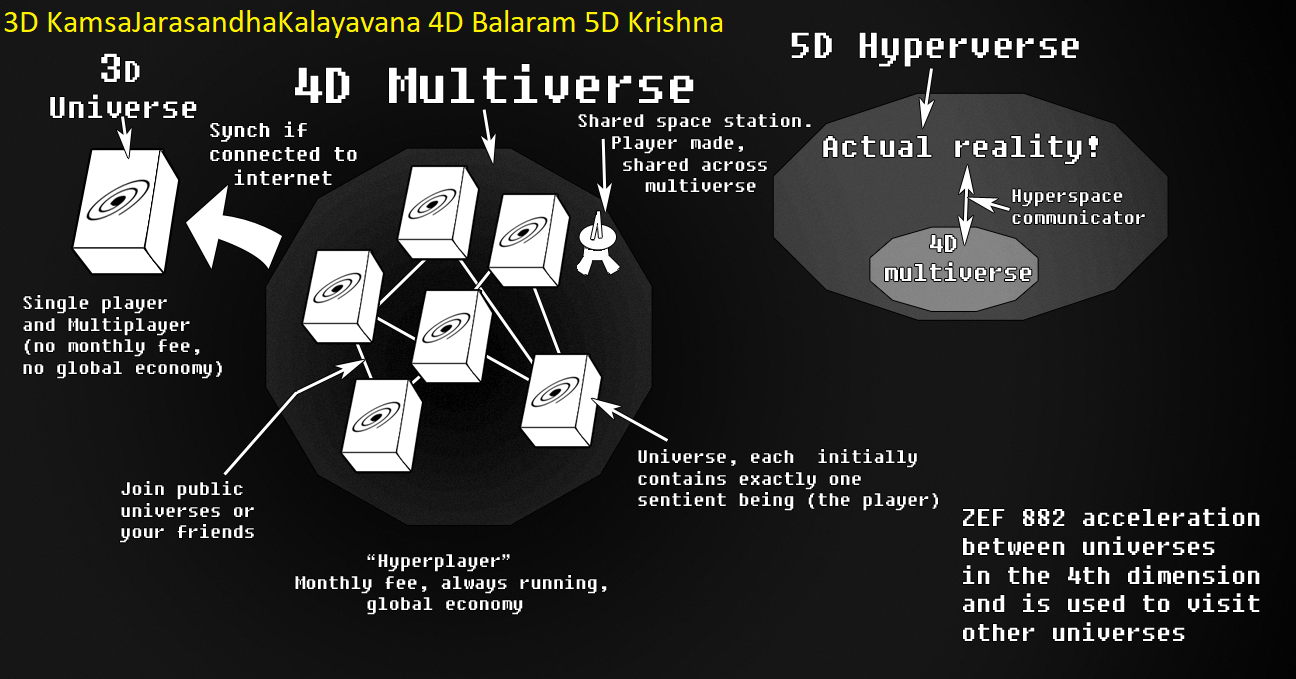SB 10.43.17
mallānām aśanir nṛṇāṁ nara-varaḥ strīṇāṁ smaro mūrtimān
gopānāṁ sva-jano ’satāṁ kṣiti-bhujāṁ śāstā sva-pitroḥ śiśuḥ
mṛtyur bhoja-pater virāḍ aviduṣāṁ tattvaṁ paraṁ yogināṁ
vṛṣṇīnāṁ para-devateti vidito raṅgaṁ gataḥ sāgrajaḥ
Word for word:
mallānām — for the wrestlers; aśaniḥ — lightning; nṛṇām — for the males; nara-varaḥ — the best of men; strīṇām — for the women; smaraḥ — Cupid; mūrti-mān — incarnate; gopānām — for the cowherds; sva-janaḥ — their relative; asatām — impious; kṣiti-bhujām — for the kings; śāstā — a punisher; sva-pitroḥ — for His parents; śiśuḥ — a child; mṛtyuḥ — death; bhoja-pateḥ — for the King of the Bhojas, Kaṁsa; virāṭ — the totality of the material universe; aviduṣām — for the unintelligent; tattvam — the Truth; param — Supreme; yoginām — for the yogīs; vṛṣṇīnām — for the members of the Vṛṣṇi dynasty; para-devatā — their most worshipable Deity; iti — in these ways; viditaḥ — understood; raṅgam — the arena; gataḥ — He entered; sa — along with; agra-jaḥ — His elder brother.
Translation:
“[There are ten different moods:] fury [perceived by the wrestlers], wonder [by the men], conjugal attraction [the women], laughter [the cowherds], chivalry [the kings], mercy [His parents], terror [Kaṁsa], ghastliness [the unintelligent], peaceful neutrality [the yogīs] and loving devotion [the Vṛṣṇis].”
